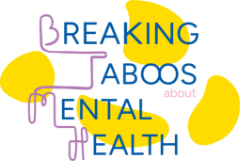OMG!! Have you heard about this new App from TikTok?? I won a lot of money yesterday!
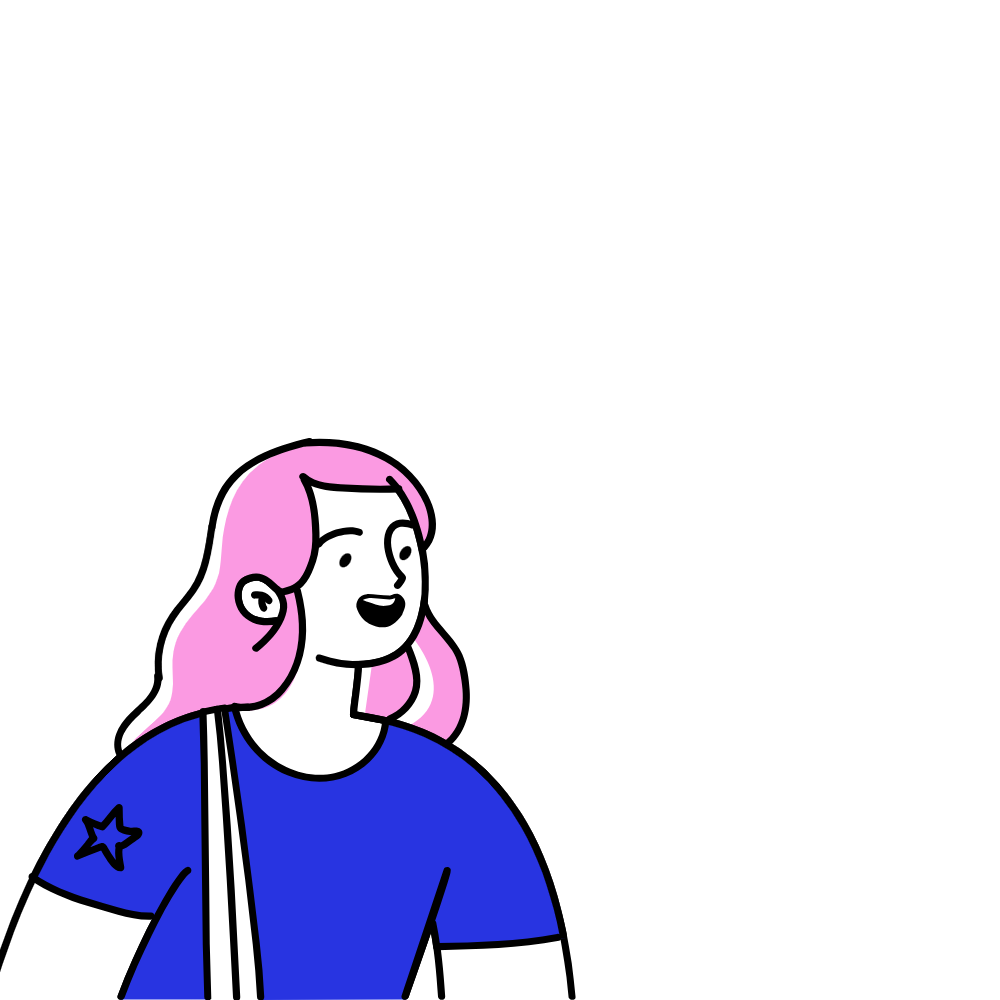
Oh really? I thought it was fake!
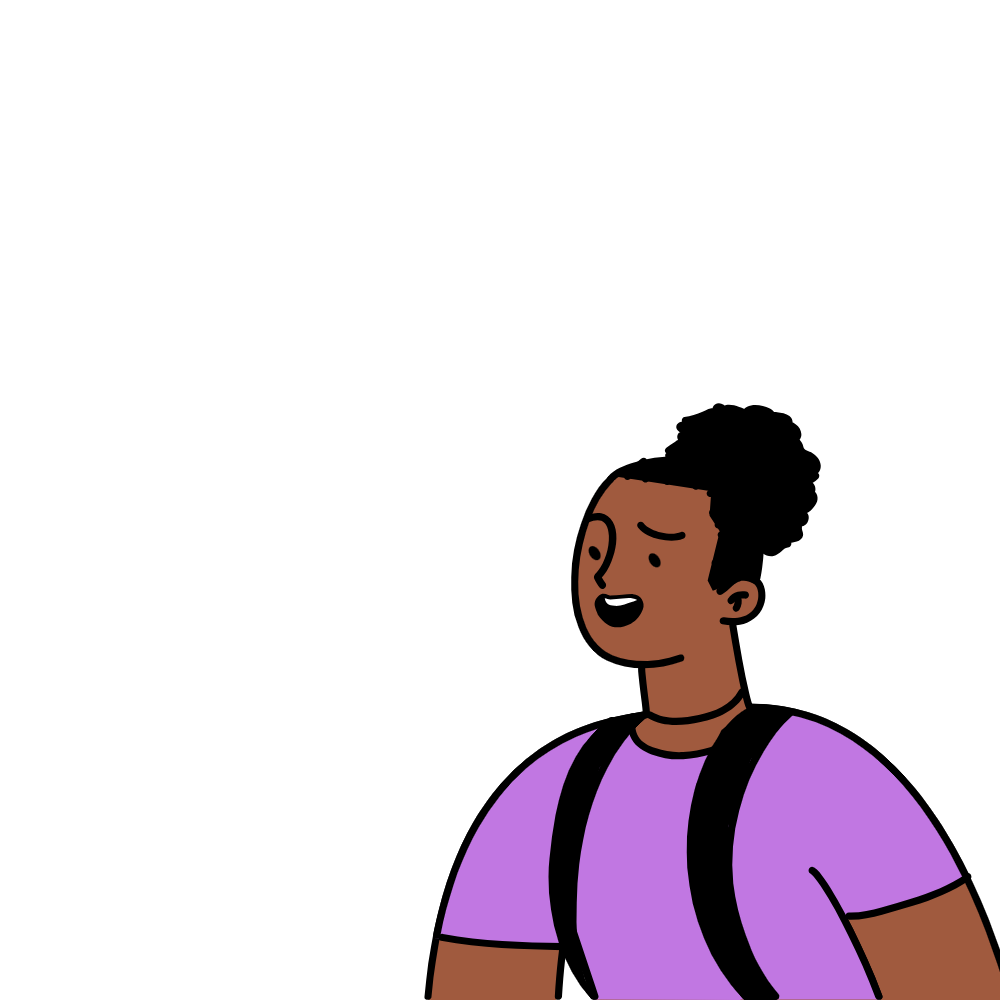
It is real. Do you want me to teach you?

I don’t know… maybe later… I have a class now.
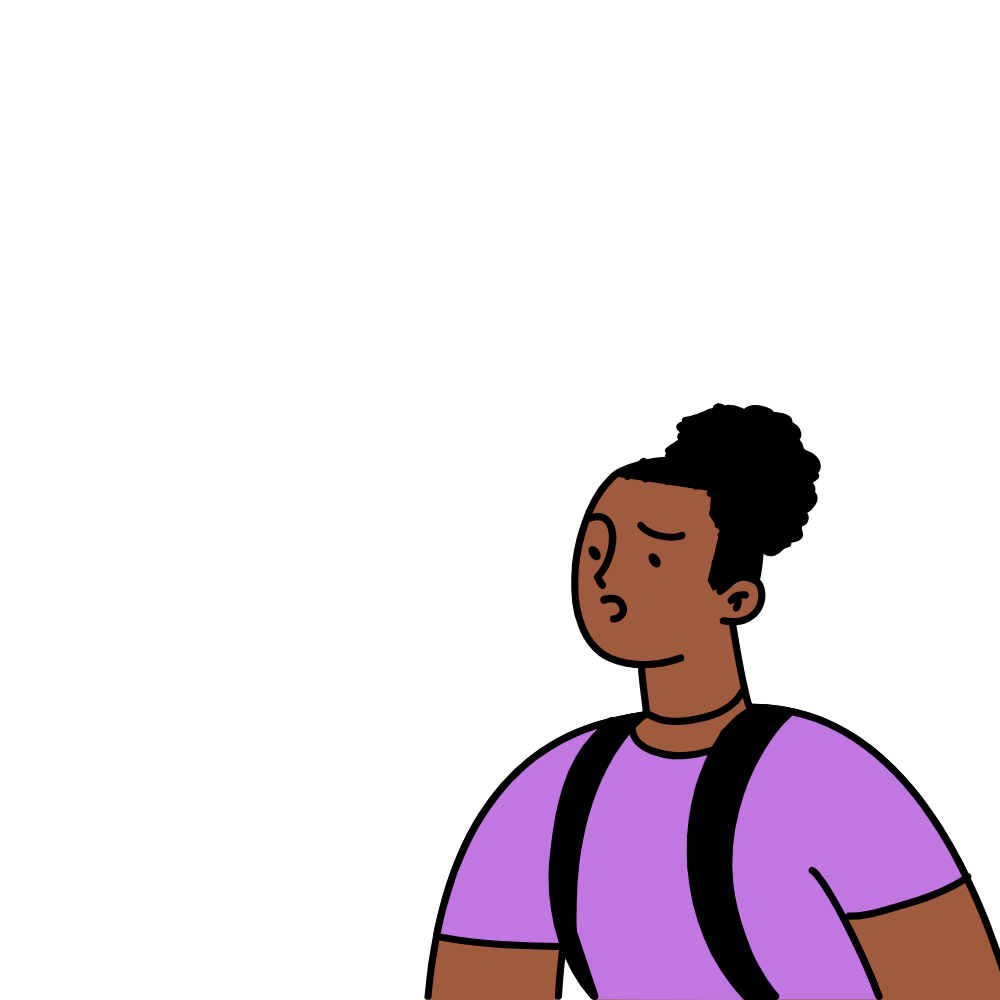
Okay, see you later!
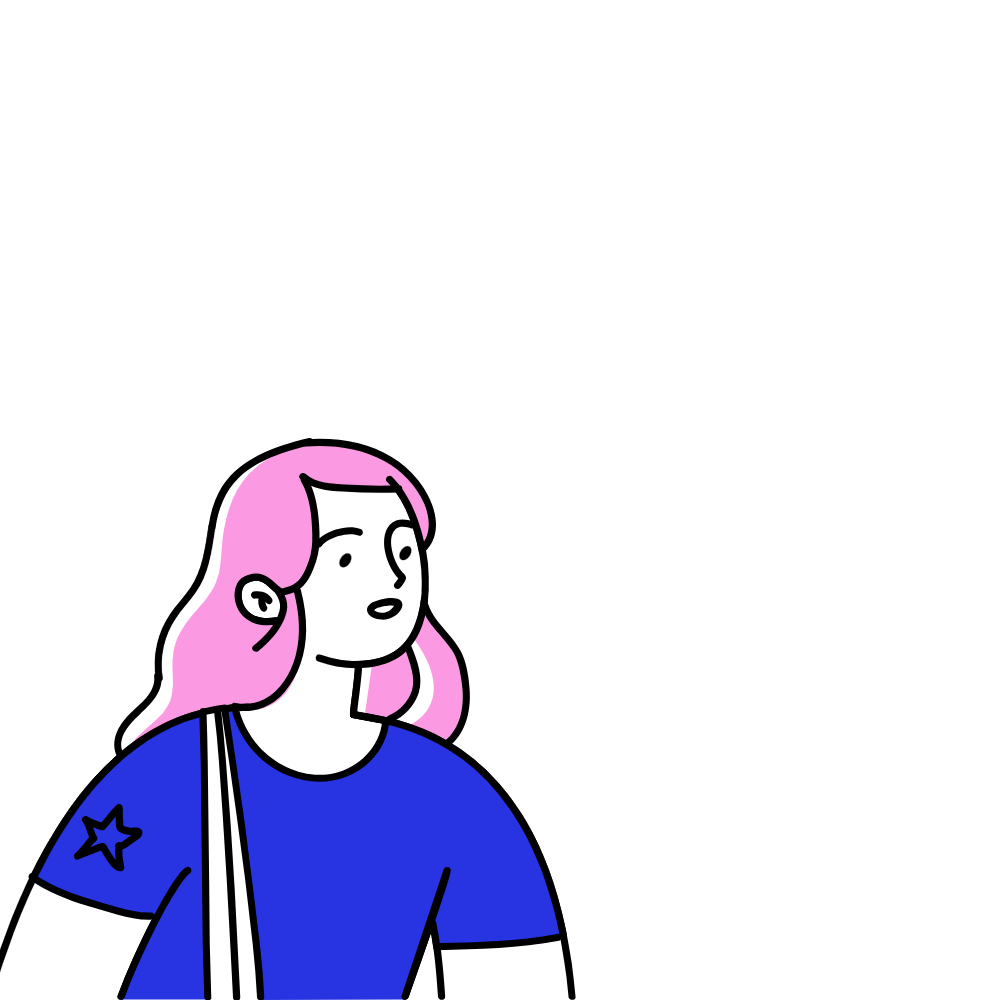
10:45
Cash Ink. That’s a shame… You have 0 credits.
Cash Ink. Don’t worry! If you buy some credits, we will give you 50 extra.
Oh, noo… I lost again. I need more money to play again.
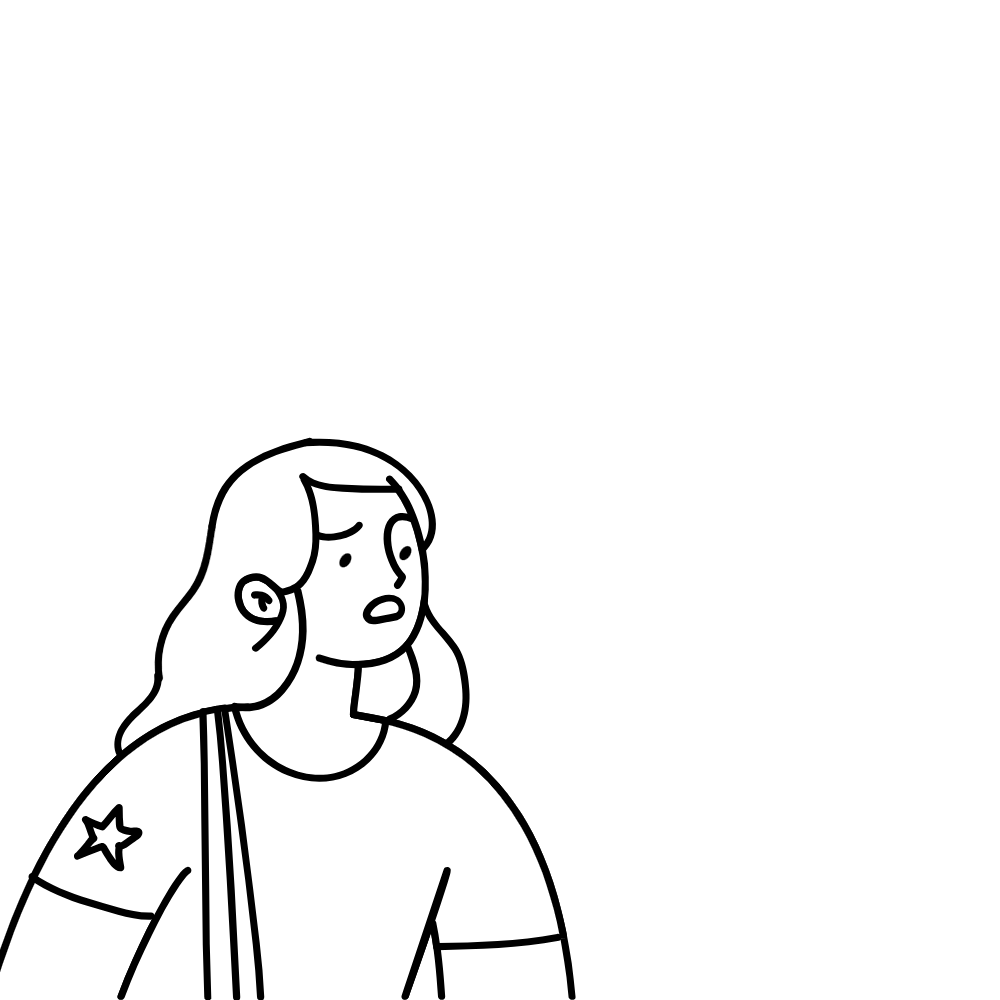
What do you think about spending money on online games?
What do you think about spending money on online games?
According to recent studies gambling elements in online games are quite common, and 40% of young people play games with an online gambling component. Most of these kinds of games target young people.
Two hours later
Do you remember the shoes we tried last weekend?

Yess! I am still dreaming about them.
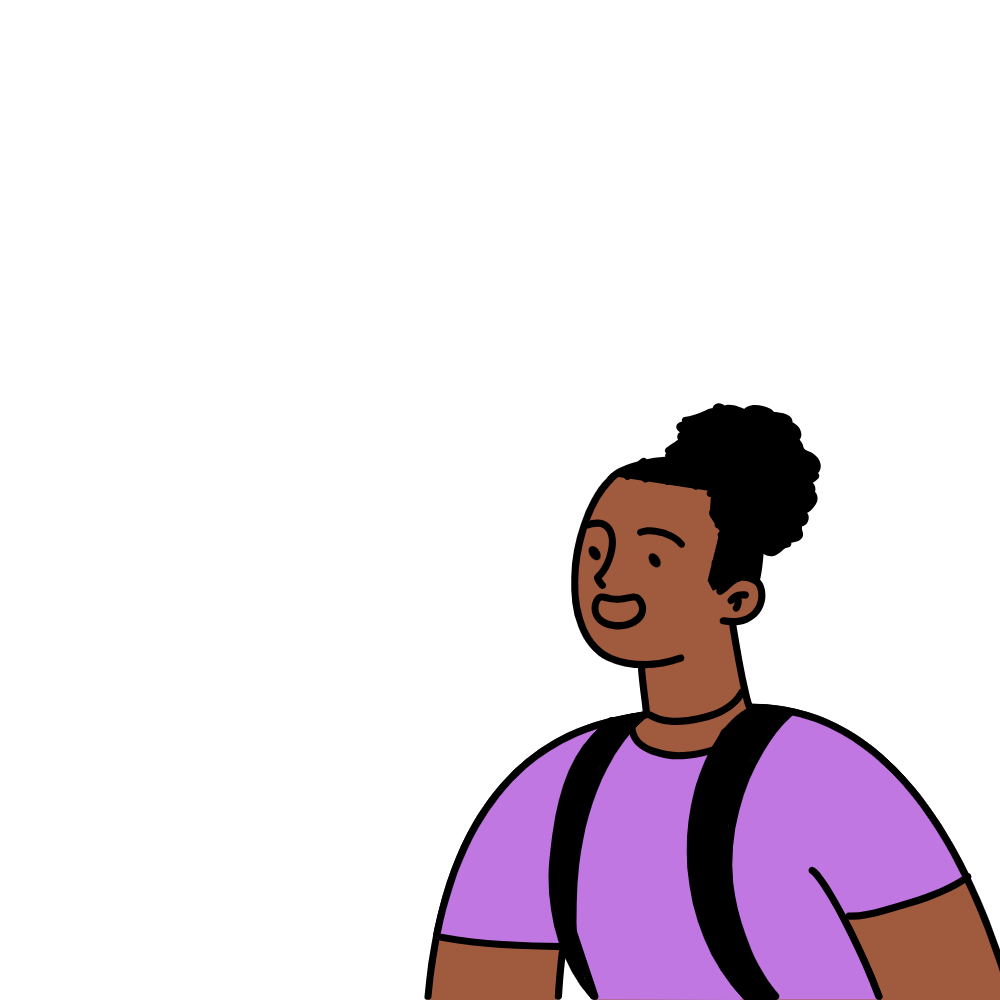
If you give me some money, I can buy their price so we can buy them.
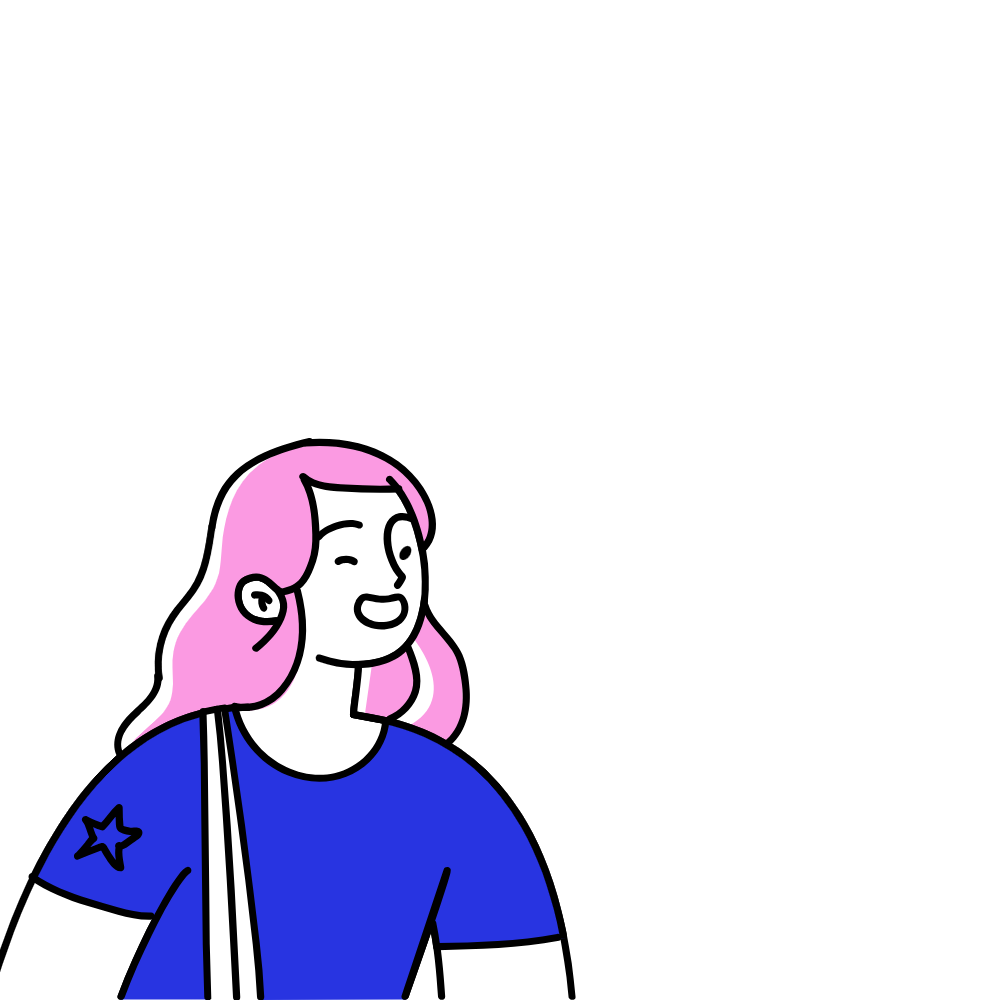
That would be great… but I don’t know. We can lose the money.

No way! I’ve never lost before.

Okay, let’s give it a try.

What would you do if you were Alex?
What would you do if you were Alex?
Did you now? Even though online gambling should be illegal for young people under 18 all over the world, 0.7 percent of 11 to 17 year olds have serious problems with gambling and 1.5 percent are at risk gamblers. Another data says that 25% of the global population is under 15 years old, so if we do some maths, with the 8.1 billion people living on Earth it is a quite big number right?
Meanwhile in Sarah’s home
It is unacceptable! You are losing the family money, and you are lying to us.
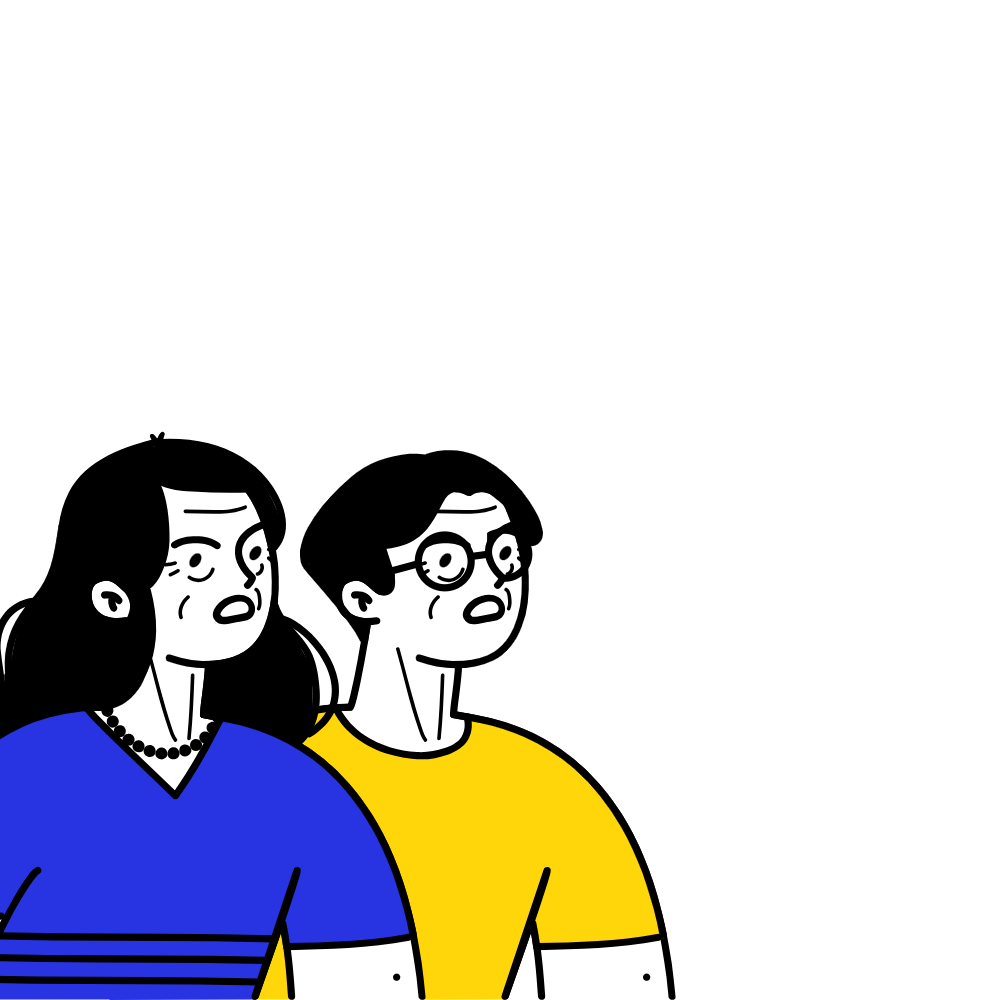
I have no idea what you are talking about. I swear!
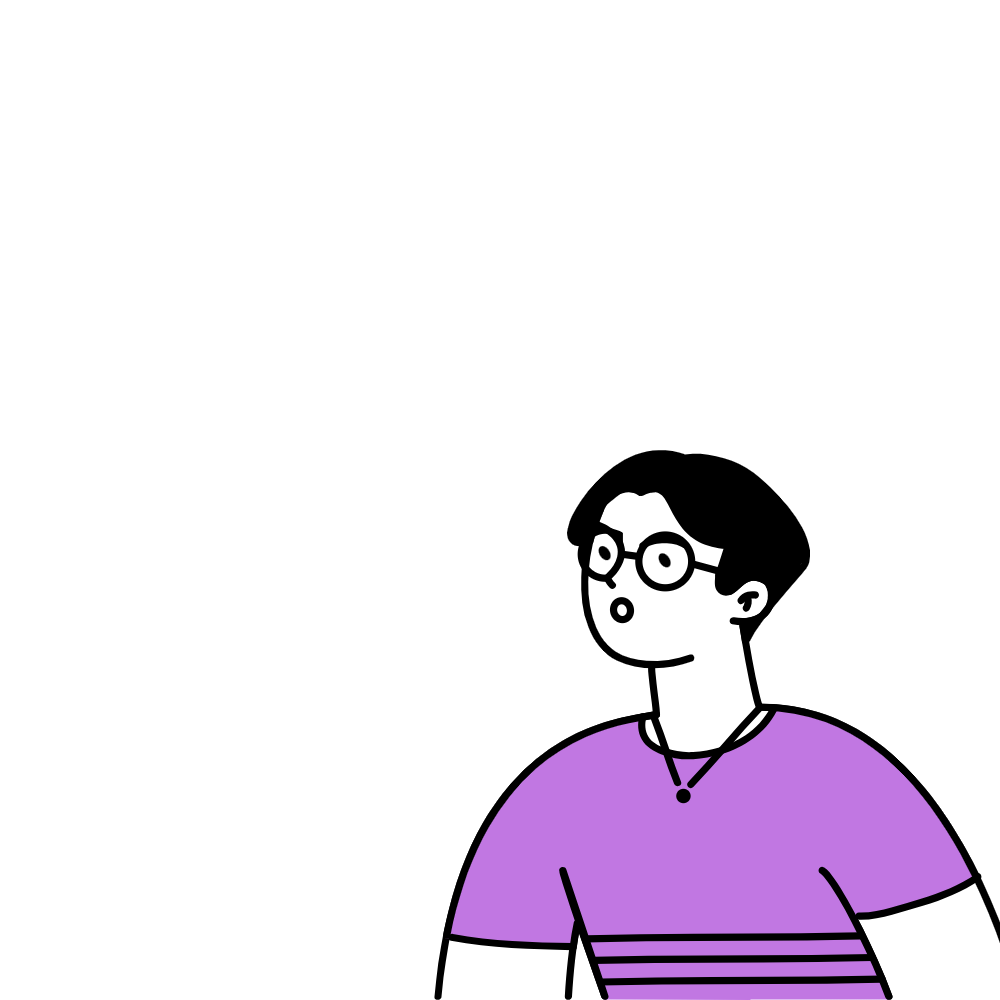
Stop lying! No video games for a month!

Next day at school
I need to pee, can you grab my phone?

Of course! Hurry up!
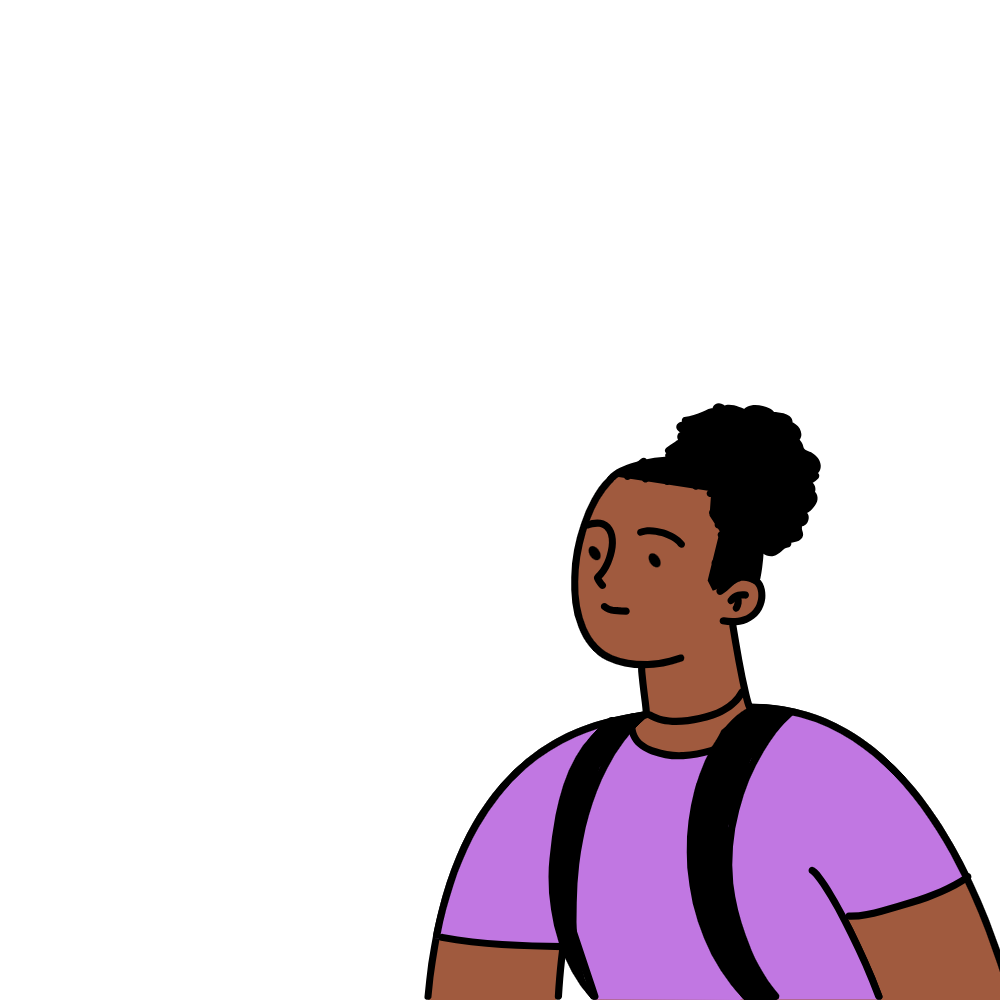
15:33
Cash Ink. Oh noo… You have 0 credits again.
Cash Ink. Buy 20 credits now, and enjoy your gift.
Cash Ink. This is how you can win 100 extra credits.
Thanks for holding my phone. What are you doing after school?

I thought we could go buy the shoes today? I am super excited.

Not today, I have too much homework. Maybe at the weekend, we will see.
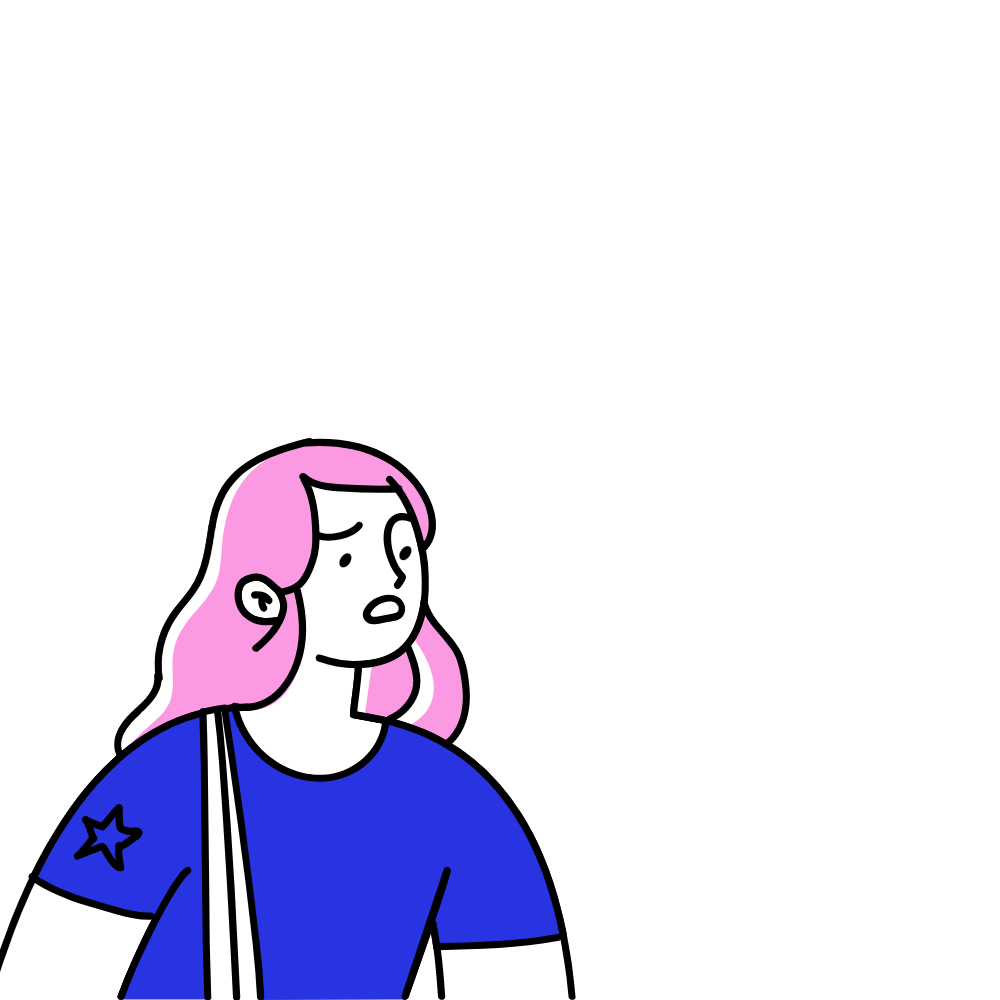
But you have the money, right?

Sure, I told you I never lose…

She is clearly lying. What should I do?
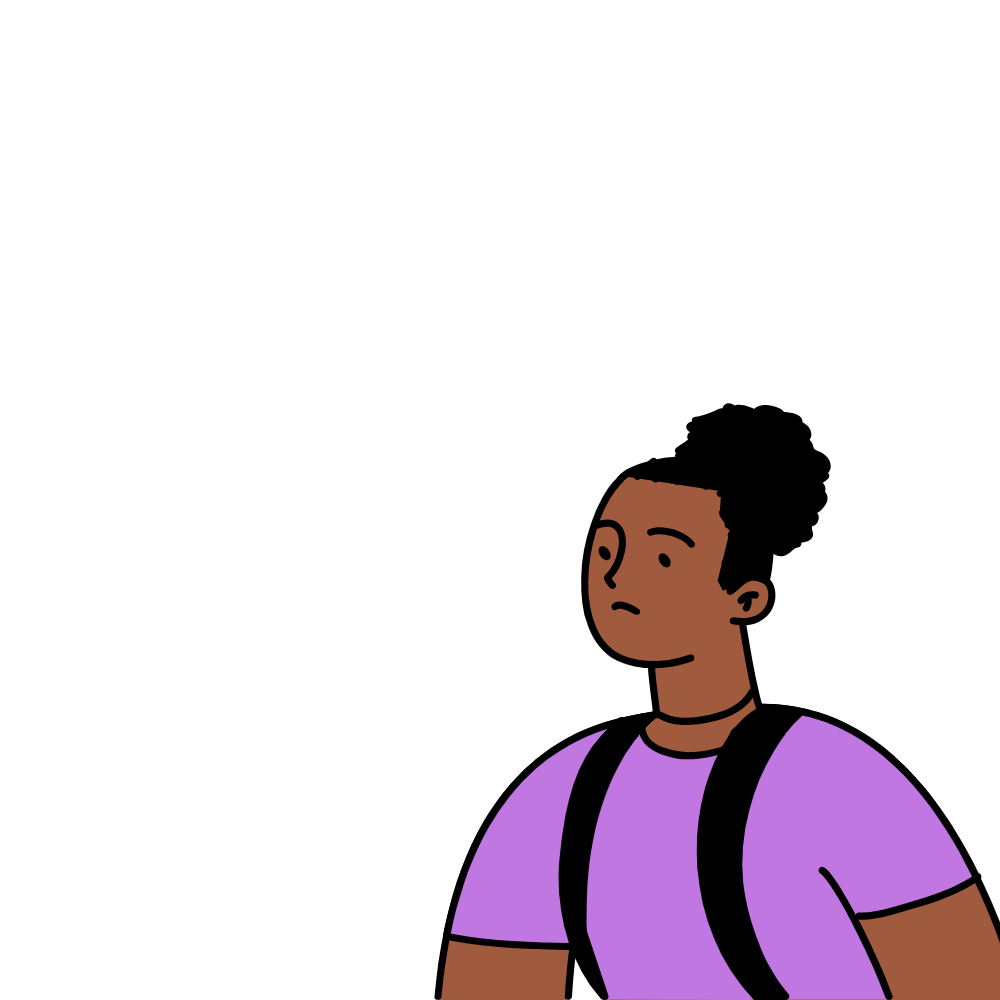
What do you think Alex should do?
What do you think Alex should do?
Leaving your friend alone in need is not the best solution. If you feel your friend needs help, but you don’t know what to do, it is okay. One of the solutions can be to involve an adult to support you. Never hesitate to ask for help!
Next day at school
… no today I am too busy.

Please don’t lie to me. I know you lost all the money. I saw it on your phone yesterday.
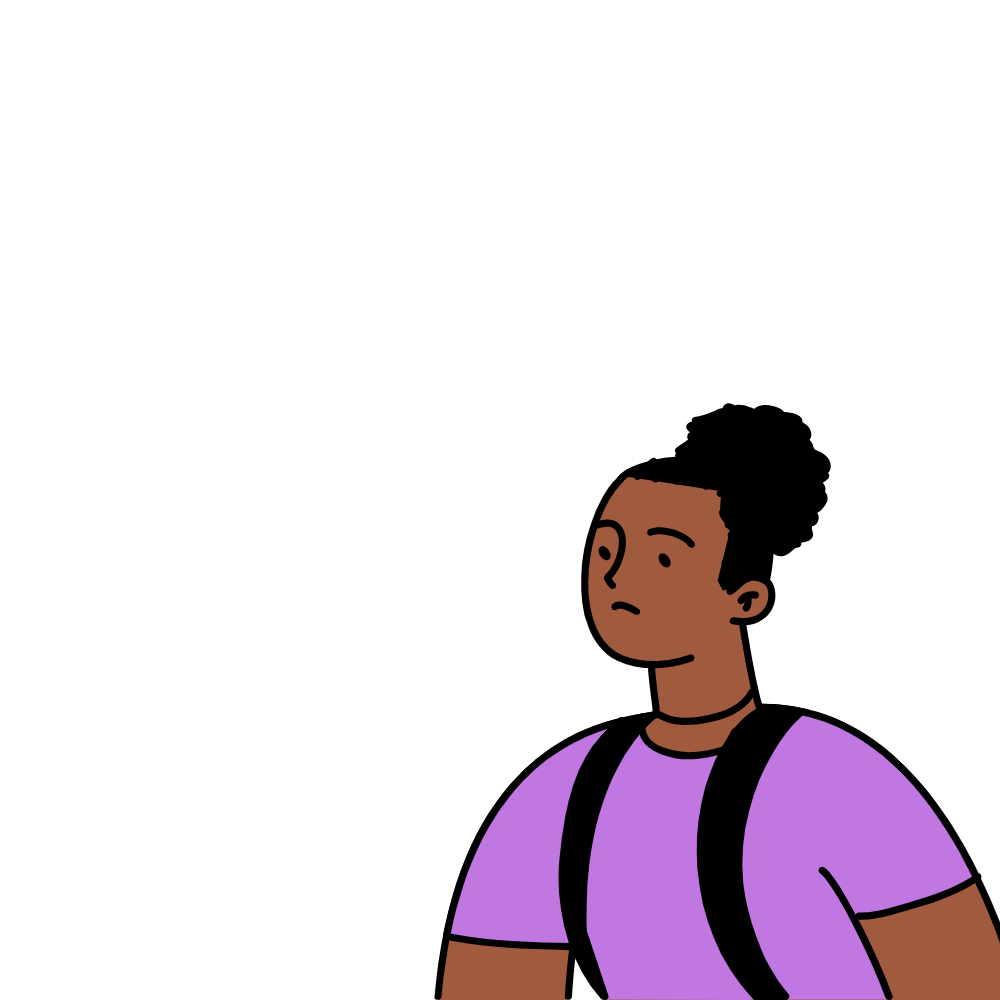
You did what? You checked my phone without asking me?
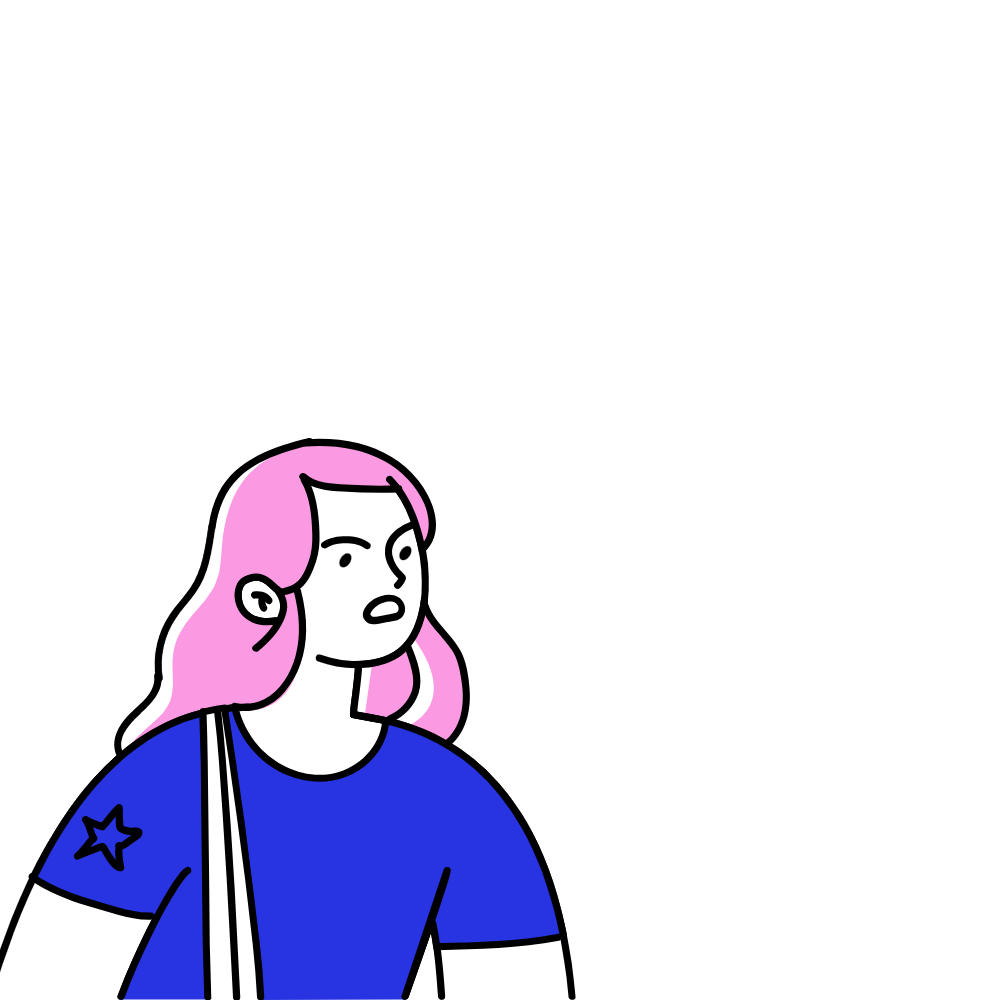
I am sorry, but I want to help you with this problem.
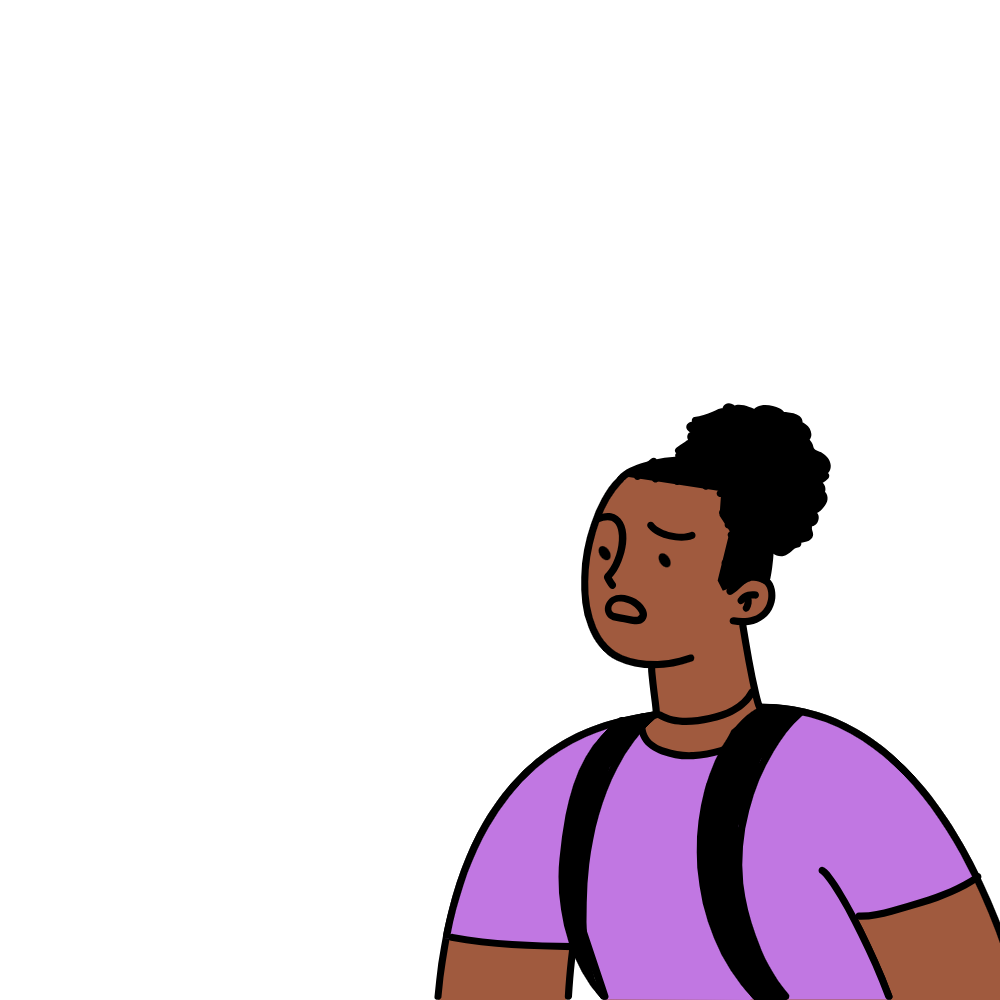
I don’t have a problem, and I don’t need you!

Sarah, wait…

In the evening at Alex’s home
Can I ask you something?
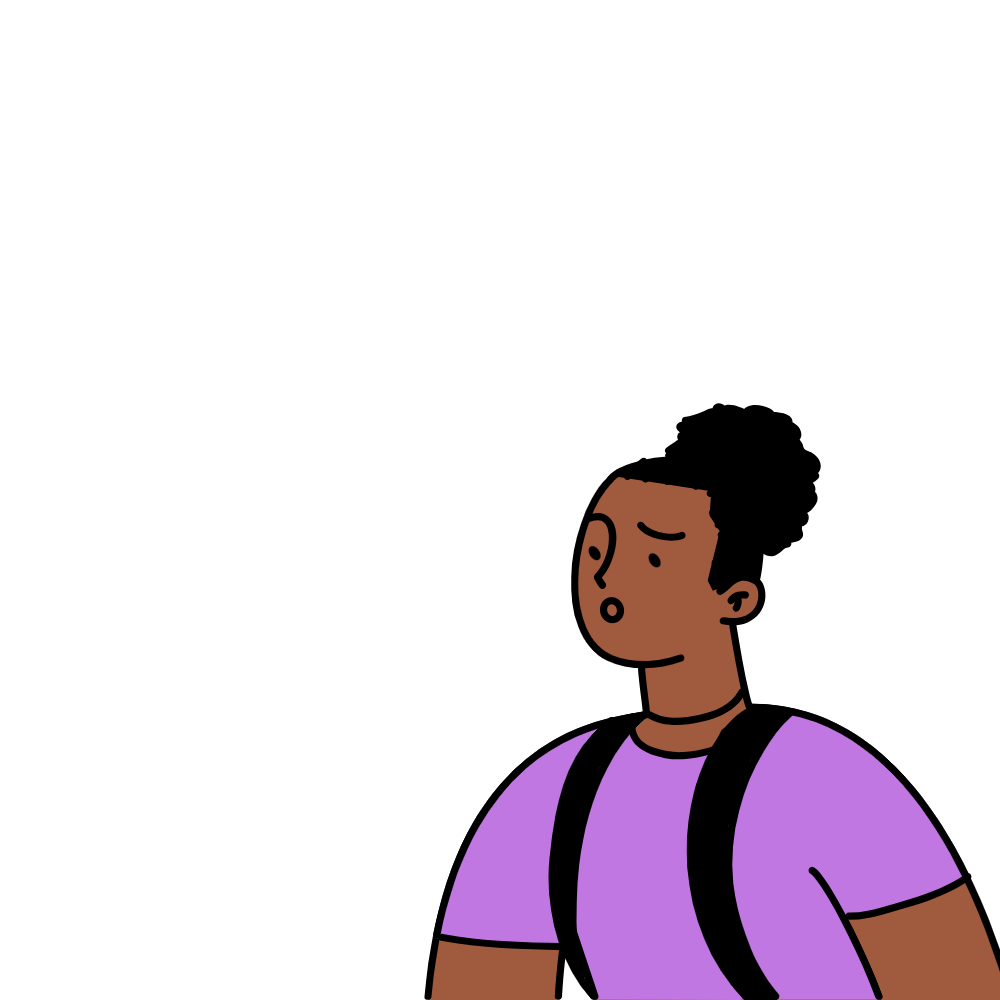
Of course, are you okay?
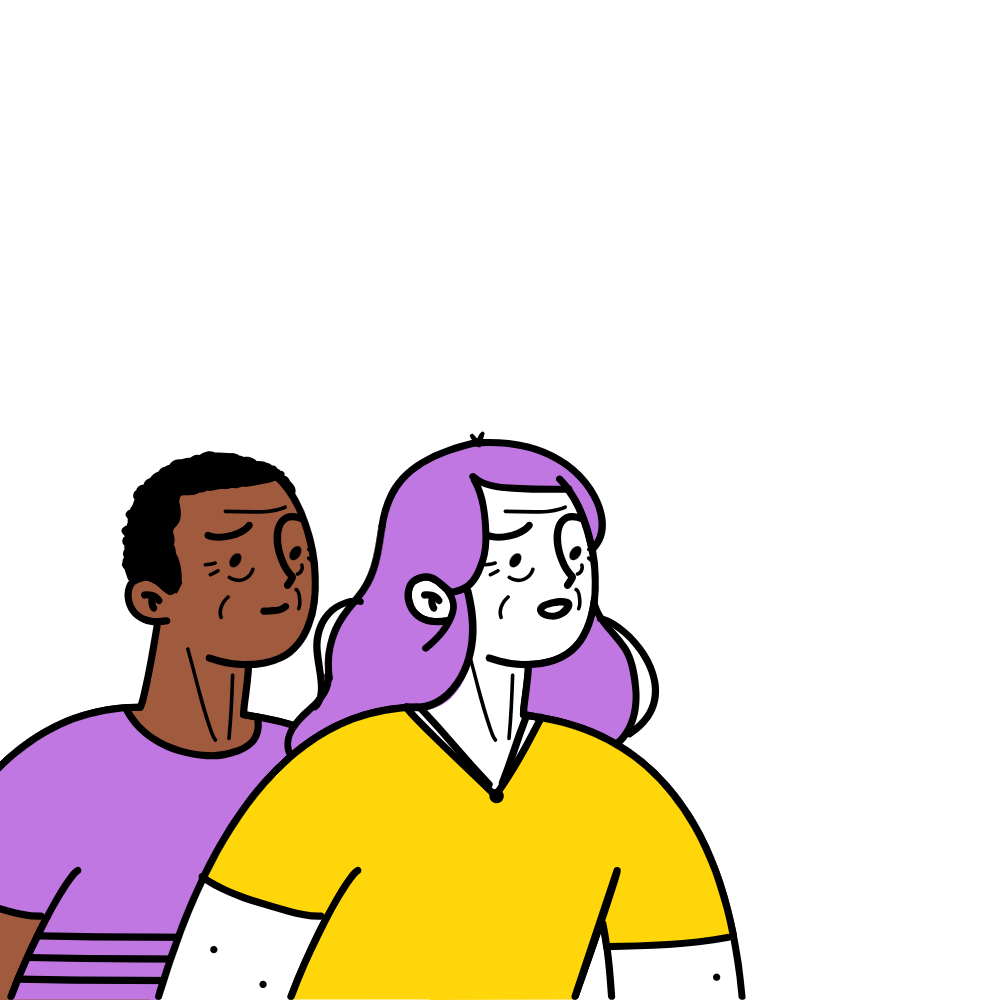
I am fine, but I think Sarah is in trouble.

What do you mean? What kind of trouble?
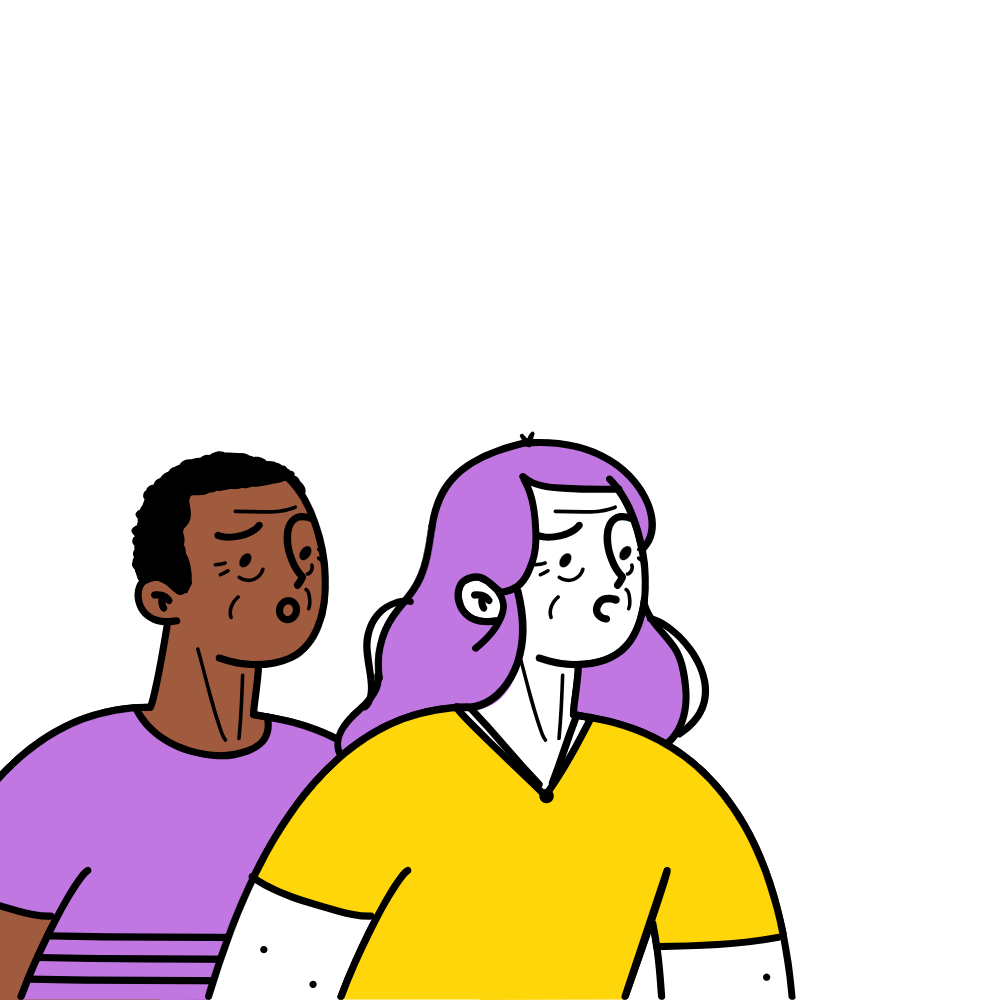
With the support of her parents, Alex talked to Sharah and her parents about the problem. After an honest conversation with Sarah, her parents supported her to find a professional to deal with her gambling addiction.
She is gambling. And she is really into it.

Alex, you know we trust you, but this is a serious issue. Are you sure about it?

I am sure.

What is addiction?
Do you know how to recognise addiction?
What can you do as a friend?
Do you know where to find help?
What is addiction?
Addiction is when someone can’t stop doing something, even if it’s harmful. It takes over their life and makes it hard for them to handle everyday activities and relationships. Physical addiction: Physical addiction happens when someone’s body relies on a substance to feel normal. Stopping the substance causes uncomfortable physical symptoms, called withdrawal. This part of the addiction can be defeated with professional help. Mental addiction: Mental addiction is when someone feels a strong emotional or mental need to use a substance or keep doing a behaviour. It’s more about craving the feelings that come from the activity than needing it physically. This part will never fully disappear, it stays with the people who are addicted.
Do you know how to recognise addiction?
It is important to recognise the signs of addiction, but don’t forget that some of the following ones can be a sign for other issues or just a normal sign of being a teenager. Losing interest: Not caring about hobbies or activities that used to be fun. School problems: Grades dropping or skipping classes more often. Secretiveness: Hiding actions or lying about where they’ve been or who they’ve been with. Changes in friends: Hanging out with a new group and not wanting to introduce them. Mood swings: Quick changes in emotions or feeling moody a lot. Neglecting appearance: Not caring about looking neat or clean as before. Money issues: Always needing money, or money disappearing without explanation. Health changes: Looking unwell, sudden weight changes, or not sleeping well. Using substances: Smelling smoke or alcohol, or finding drugs or drug paraphernalia. Risk taking: Doing dangerous things, especially when they involve drugs or alcohol.
What can you do as a friend?
If you recognise the signs of addiction on one of your friends, you can help them! Here are suggestions what to do: Talk to them: Find a quiet time to talk to your friend privately. Express your concerns without judgement, using “I” statements like “I’ve noticed you’ve been acting differently.” Listen: Be a good listener. Allow your friend to share their feelings and experiences without interrupting or offering quick solutions. Encourage professional help: Suggest that your friend talk to a counsellor, teacher, or healthcare provider who is trained to help people facing addiction. Offer to help find resources: Help them look up information or find local support groups or treatment centres. Support healthy choices: Invite them to join in activities that don’t involve addictive behaviour, like sports, movies, or other hobbies. Stay involved: Continue to include them in your plans. Sometimes, just knowing someone cares can be a big help. Set boundaries: Protect yourself. Be clear about what behaviours you can accept and what you can’t. Be patient: Recovery can take a long time and may involve setbacks. Keep supporting your friend through ups and downs. Avoid shaming or blaming: Addiction is a complex issue, and blaming your friend won’t help them get better. Stay informed: If you recognise the signs of addiction on one of your friends, you can help them! Here are suggestions what to do: Talk to them: Find a quiet time to talk to your friend privately. Express your concerns without judgement, using “I” statements like “I’ve noticed you’ve been acting differently.” Listen: Be a good listener. Allow your friend to share their feelings and experiences without interrupting or offering quick solutions. Encourage professional help: Suggest that your friend talk to a counsellor, teacher, or healthcare provider who is trained to help people facing addiction. Offer to help find resources: Help them look up information or find local support groups or treatment centres. Support healthy choices: Invite them to join in activities that don’t involve addictive behaviour, like sports, movies, or other hobbies. Stay involved: Continue to include them in your plans. Sometimes, just knowing someone cares can be a big help. Set boundaries: Protect yourself. Be clear about what behaviours you can accept and what you can’t. Be patient: Recovery can take a long time and may involve setbacks. Keep supporting your friend through ups and downs. Avoid shaming or blaming: Addiction is a complex issue, and blaming your friend won’t help them get better. Stay informed: If you recognise the signs of addiction on one of your friends, you can help them! Here are suggestions what to do: Talk to them: Find a quiet time to talk to your friend privately. Express your concerns without judgement, using “I” statements like “I’ve noticed you’ve been acting differently.” Listen: Be a good listener. Allow your friend to share their feelings and experiences without interrupting or offering quick solutions. Encourage professional help: Suggest that your friend talk to a counsellor, teacher, or healthcare provider who is trained to help people facing addiction. Offer to help find resources: Help them look up information or find local support groups or treatment centres. Support healthy choices: Invite them to join in activities that don’t involve addictive behaviour, like sports, movies, or other hobbies. Stay involved: Continue to include them in your plans. Sometimes, just knowing someone cares can be a big help. Set boundaries: Protect yourself. Be clear about what behaviours you can accept and what you can’t. Be patient: Recovery can take a long time and may involve setbacks. Keep supporting your friend through ups and downs. Avoid shaming or blaming: Addiction is a complex issue, and blaming your friend won’t help them get better. Stay informed: Learn about addiction and recovery to understand what your friend is going through.about addiction and recovery to understand what your friend is going through.about addiction and recovery to understand what your friend is going through.
Do you know where to find help?
112 (European Emergency Phone Number)
